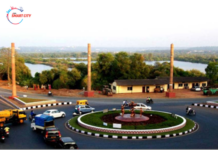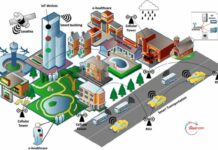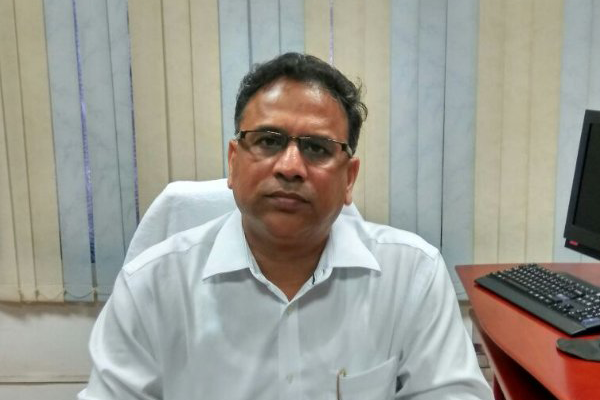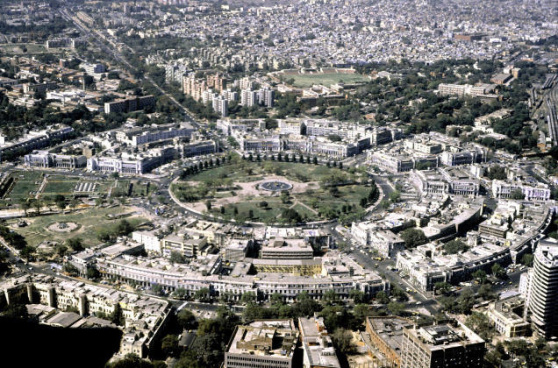
 The SBI colony in Nerul area of Navi Mumbai has gone fully digital with people doing cashless transactions for everything they buy.
The SBI colony in Nerul area of Navi Mumbai has gone fully digital with people doing cashless transactions for everything they buy.
The whole SBI colony is doing cashless transactions for everything they buy. The residents are not paying cash to even their vegetable vendors, laundry or for regular grocery.
“It was simple for us. When the SBI introduced the ‘Buddy App’, we started telling our local vendors to download it and use it. With the help of other colony members, we educated these vendors how to use this app and now our colony has become the first ever cashless colony,” said Mrityunjay Mahapatra, Deputy Managing Director and Chief Information Officer, State Bank of India.
Similarly, the Navi Mumbai Municipal Corporation (NMMC) has gone cashless and developed a mobile app for property tax and water tax payments.
“Through the app, citizens can also register a grievance and track its status,” said Municipal Chief Tukaram Mundhe.
The app, NMMC E-Connect, can be downloaded by both android and IOS users. Like, SBI Colony, Dhasai village in Thane district has become the first “cashless village” in Maharashtra.
All the payments in the village are being done through plastic money. Traders, vegetable and fruit vendors and others providing goods and services in Dhasai are using swipe machines for cashless transactions.
Dhasai, in Murbad taluka, around 70 km from Mumbai, has a population of around 10,000. Around 60 nearby small villages depend on Dhasai for trade and their daily needs.
The initiative to make this village cashless was taken by Bank of Baroda in collaboration with NGO Veer Savarkar Pratishthan.
The NGO trained the villagers in using digital methods of transactions. In addition to these ‘cashless’ initiatives, the state is providing point of sale (POS) machines to all registered farm traders in Agriculture Produce Market Committees (APMCs).
The state government will also train people in 30,000 villages to use credit, debit cards and mobile wallets over the next three months.
The state will set up ‘Digital Sewa Kendras’ in each of these village gram panchayats and install 11,000 Point of Sale (PoS) machines for smooth transactions.
The government is planning to distribute the POS machines to all 40,000 registered traders in the state over the next one year. The machines will use the RuPay cards made available to farmers having Jan Dhan accounts.
The traders will also be able to use it to transfer cash to farmers’ accounts after purchasing produce from them.





















